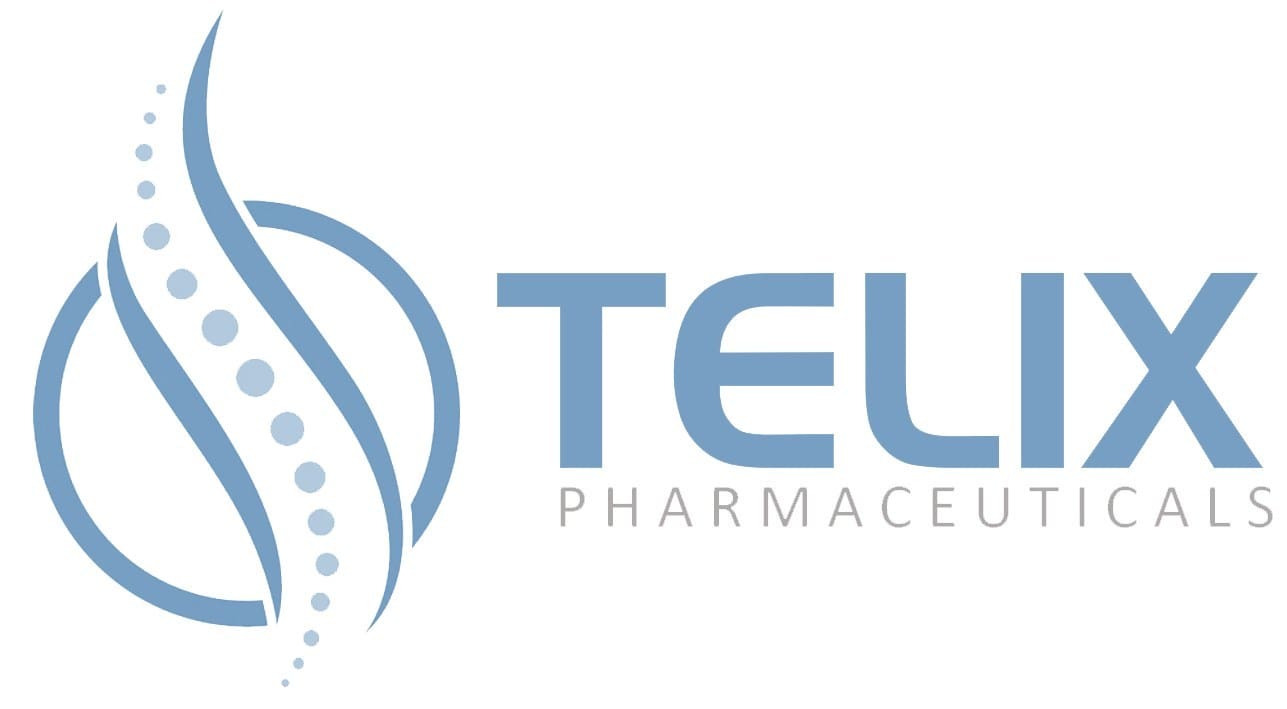
MELBOURNE, Australia and INDIANAPOLIS, April 11, 2022 /PRNewswire/ — Telix Pharmaceuticals Limited today announces that it has entered into a licence agreement with Eli Lilly and Company under which Telix is granted exclusive worldwide rights to develop and commercialise radiolabelled forms of Lilly’s olaratumab antibody for the diagnosis and treatment of human cancers. Telix’s initial development focus will be on a rare type of cancer known as soft tissue sarcoma.
Olaratumab was originally developed by Lilly as a (non-radiolabelled) monoclonal antibody targeting Platelet Derived Growth Factor Receptor Alpha (PDGFRα). PDGFRα is expressed in multiple tumour types including STS. STS is generally a radiation susceptible cancer that may be inherently amenable to systemic radionuclide therapy and olaratumab’s ability to target PDGFRα makes it a highly novel and potentially exciting candidate for use as a radionuclide targeting agent. The exclusive worldwide licence will allow Telix to repurpose olaratumab as a targeting agent for radiopharmaceutical imaging and therapy of cancer. Olaratumab has an established safety profile that underpins its potential use as a radionuclide targeting agent.
Material terms of the agreement
Under the terms of the agreement Telix will pay Lilly an upfront payment of US$5M (~AU$6.7M) for the grant of an exclusive licence to Lilly’s intellectual property related to the development of a radiolabelled olaratumab, as well as access to material for use by Telix in initial pre-clinical and early-phase clinical studies in application to potential uses for the diagnosis and treatment of human cancers.
Lilly may be eligible for up to US$225M (~AU$301M) in payments based upon the achievement of pre-specified development, regulatory and commercial milestones. Lilly would also be eligible to receive industry standard royalties on net sales. The agreement also includes an option for Lilly to be granted an exclusive licence to a radiolabelled companion diagnostic which would be developed by Telix. If exercised, Lilly will pay Telix US$5M (~AU$6.7M) and up to US$30M (~AU$40.1M) in potential development milestones, as well as industry standard royalties.
The agreement has typical termination rights for breach and related corporate issues. Telix retains termination rights typical to licence agreements of this nature to enable the Company to exit the agreement based on a development or commercial basis.
Building on Telix’s track record in acquiring and commercialising assets
Telix Group CEO and Managing Director, Dr. Christian Behrenbruch said, “This in-licence transaction with Lilly is a valuable – and rare – opportunity to acquire an asset which has demonstrated clinical safety. In our pre-transaction diligence and research, we have identified that a radiolabelled version of olaratumab could be efficacious in patients with STS, particularly as it is a highly radiation-sensitive cancer. The safety data generated by Lilly in relation to the original development program significantly de-risks the program for Telix. We anticipate that early clinical translation with a radiolabeled olaratumab as an imaging agent may also provide valuable clinical information as to whether this asset has potential therapeutic efficacy, demonstrating the advantage of Telix’s “theranostic” approach.
“This acquisition mirrors the approach that Telix has taken in building its existing pipeline by in-licencing or acquiring assets that have already been proven to be safe for use in humans that can be harnessed as novel radiolabelled targeting agents. This partnership also demonstrates the value that Telix can bring as a capable partner with the expertise in radiopharmaceutical development and manufacturing, to help repurpose or expand the use of promising candidates to better target, find and treat cancer.”
About Soft Tissue Sarcoma (STS)
Soft tissue sarcoma is a complex disease that encompasses a diverse group of relatively rare cancers, with more than 50 histological subtypes. In the United States, it is estimated that 13,040 new cases and 5,150 deaths were caused by STS in 2019, representing 0.75% of overall cancer incidence and 0.84% of overall cancer mortality.1 In Europe, nearly 23,600 new STS cases rose annually, and the crude incidence rate was 4.7 per 100,000.2 Approximately 39,900 new STS cases occurred nationwide in China in 2019, accounting for 1.05% of overall cancer incidence.3 The crude incidence rate was 2.91/100,000 and generally increased with age. Standard treatment for soft tissue sarcoma includes surgery, radiation therapy and/or chemotherapy. For patients with advanced, unresectable, or metastatic disease, treatment typically involves chemotherapy with single agents (e.g., doxorubicin) or anthracycline-based combination regimens. However, the prognosis for these patients remains poor, with treated patients with metastatic disease having a median overall survival of around 12–18 months.
About olaratumab
Olaratumab (previously sold under the brand name, Lartruvo®) was originally developed as a monoclonal antibody targeting PDGFRα. Olaratumab was granted “Accelerated Approval” in the US and “Conditional Approval” in the EU based on Phase 2 trial data which showed a 1-year survival benefit in patients with STS, when given in combination with standard chemotherapy. Olaratumab was voluntarily withdrawn from the market by Lilly following the failure of the Phase 3 ANNOUNCE clinical trial, in which olaratumab did not improve survival for patients.
About Telix Pharmaceuticals Limited
Telix is a biopharmaceutical company focused on the development and commercialisation of diagnostic and therapeutic products using Molecularly Targeted Radiation (MTR). Telix is headquartered in Melbourne, Australia with international operations in Belgium, Japan, Switzerland, and the United States. Telix is developing a portfolio of clinical-stage products that address significant unmet medical need in oncology and rare diseases. Telix is listed on the Australian Securities Exchange (ASX: TLX). For more information visit www.telixpharma.com and follow Telix on Twitter (@TelixPharma) and LinkedIn.






